



The Greater Bay Science Forum 2021 concluded in Guangzhou, south China’s Guangdong province on Dec. 13
The three-day event, themed “Exploring the Future, Sharing Scientific Achievement,” was initiated by the Alliance of International Science Organizations (ANSO), and designed to explore and discuss the trend of the global scientific development, as well as its future impacts.
It promoted scientific exchanges and mutual learning, and contributed wisdom and strength to regional and global scientific prosperity and development.
A high-level plenary session, six sub-forums and a tech & innovation summit were held during the forum in Guangzhou’s Nansha district, the permanent site of the of the event.
ANSO president Bai Chunli, who’s also an academician of the Chinese Academy of Sciences (CAS), noted that the Greater Bay Science Forum will be built into a “Davos forum” of the scientific world.
In recent years, the Guangdong-Hong Kong-Macao Greater Bay Area has made remarkable progress in building itself into an international innovation and technology hub, attracting a number of top innovation resources from the rest of the world.
It is home to a batch of academic institutions and labs of important influence, as well as a series of major national science projects. Nearly 200 academicians from both China and abroad and Nobel Prize winners are currently working in the area.
The Greater Bay Science Forum 2021 built an exchange platform for world-class science and technology enterprises, financial organizations and governments, and this platform will have an important impact on the future development of the Greater Bay Area’s scientific industry and basic sciences, said Zhao Yuliang, an academician of the CAS and president of the Greater Bay Area National Institute for Nanotechnology Innovation.
The nanotechnology sub-forum of the Greater Bay Science Forum will help translate research outcomes of nanotechnology into actual productive forces, the man noted.
Multiple Nobel Prize winners and renowned academicians delivered keynote speeches at the opening ceremony of the forum on Dec. 11.
Richard John Roberts, who was awarded the 1993 Nobel Prize in Physiology or Medicine, and currently chairs the Laureate Science Alliance, explained how biotechnology is helping humanity in his speech.
He attributed COVID-19 testing and vaccine development to the genetic sequencing results of the novel coronavirus released by researchers in Wuhan, central China’s Hubei province. He called it an excellent example that shows how scientific exchanges and cooperation can help the world, as well as a typical case of China obtaining and sharing its research results with the rest of the world at the early stage of the COVID-19 outbreak. His views were echoed by many scientists participating in the forum.
At a sub-forum on life science, CAS academician and director of the Chinese Center for Disease Control and Prevention Gao Fu called for global sharing of COVID-19 vaccines. “The virus doesn’t come with a passport. We hope that people around the world can join hands to fight it,” he said.
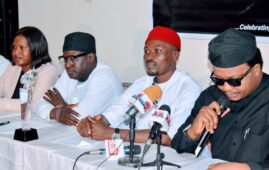

The Humanitarian Service Diamond Awards has.
A Chinese Company, Inner Galaxy Steel.
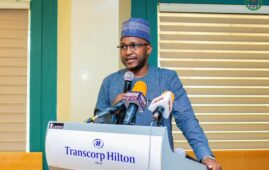

The Programme Coordinator, Regulatory, Compliance and.
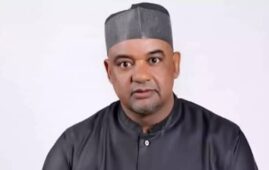

A Non-Governmental Organization (NGO), Committee for.
The Trustfund Pensions Limited has chided.


The House of Representatives Committee on.
The China General Chamber of Commerce.
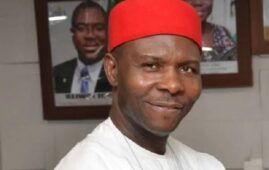

Senator Chuka Utazi who represented Enugu.


An Abuja based Legal Practitioner, Ugochukwu.
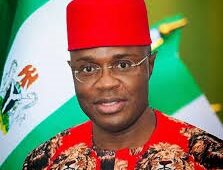

The African business community in Yiwu,.
Leave a Comment